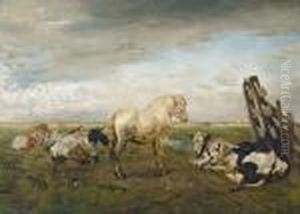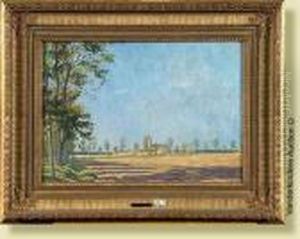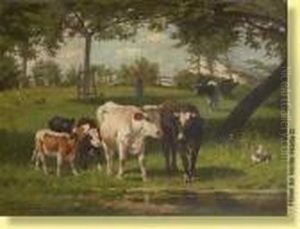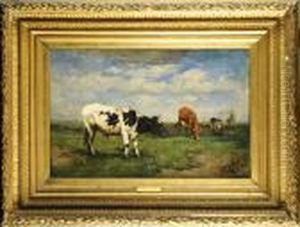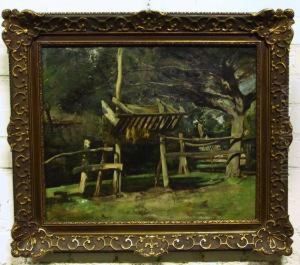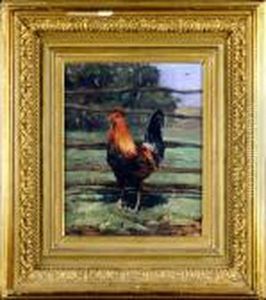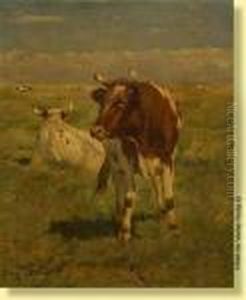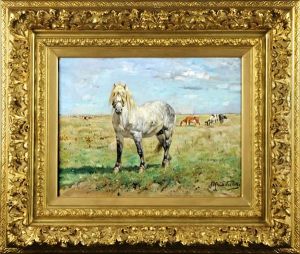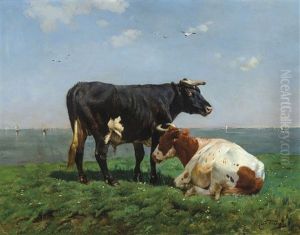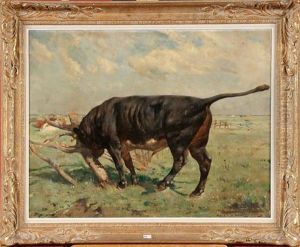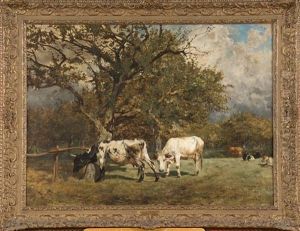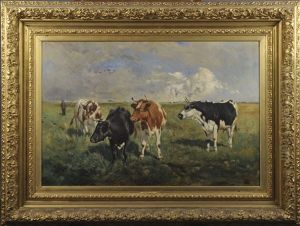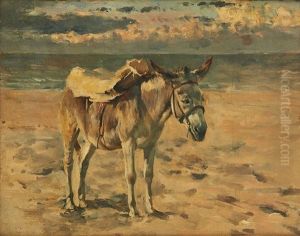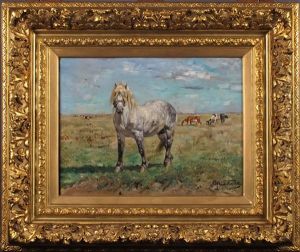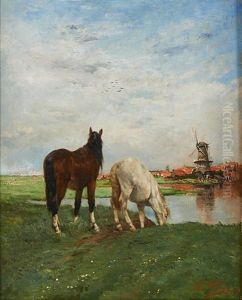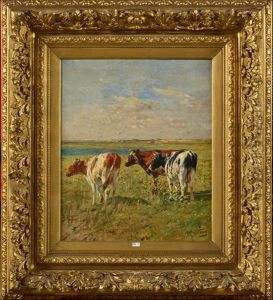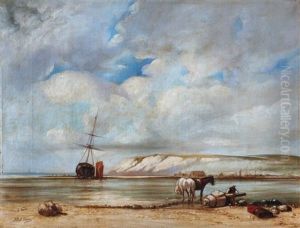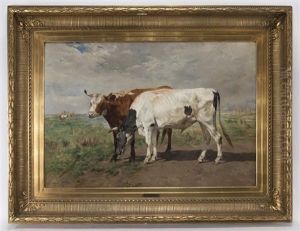Alfred Jacques Verwee Paintings
Alfred Jacques Verwee was a Belgian painter born in Brussels on May 31, 1838. He was known for his realistic depictions of animals, landscapes, and rural scenes. He is considered part of the Realist movement, which emerged in the mid-19th century as a reaction against the romanticism of the time. Verwee showed an early talent for drawing and painting, which led him to study at the Academy of Fine Arts in Brussels under the guidance of Eugène Verboeckhoven, who was also renowned for his animal paintings.
Verwee's work often depicted the pastoral life and the Belgian countryside, featuring cows, sheep, and other farm animals with a high degree of realism and attention to detail. His paintings were characterized by their precise brushwork and rich, earthy palette. He was particularly adept at capturing the texture of animal fur and the nuanced play of light across various surfaces.
Throughout his career, Verwee exhibited his work widely, including at the prestigious Paris Salon, where he received commendations for his contributions to art. His works were appreciated by both critics and the public, and he gained a reputation that extended beyond Belgium's borders.
In addition to his painting, Verwee was also involved in the artistic community as a teacher and mentor to younger artists. He played a role in the founding of the Société Libre des Beaux-Arts in Belgium, which aimed to promote avant-garde artistic ideas and provide a counterpoint to the more conservative academic art institutions of the time.
Alfred Jacques Verwee's legacy is preserved in various museums and collections in Belgium and abroad. He passed away on October 17, 1895, in Schaarbeek, leaving behind a body of work that continues to be celebrated for its contribution to the Realist movement and Belgian art history.
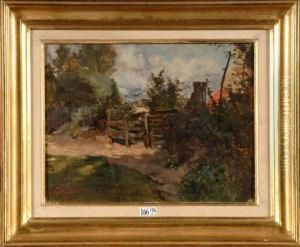
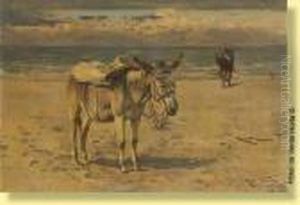
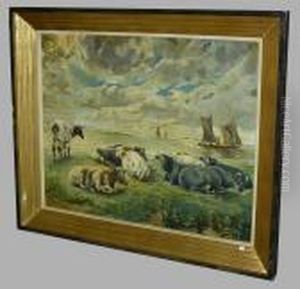
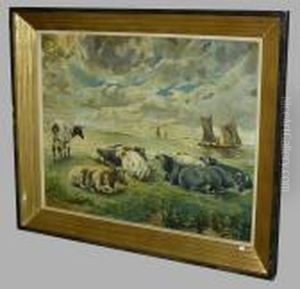
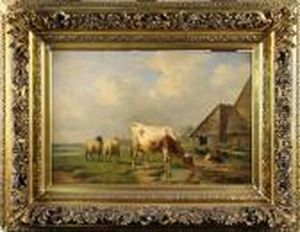
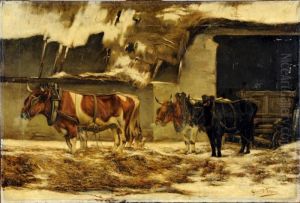
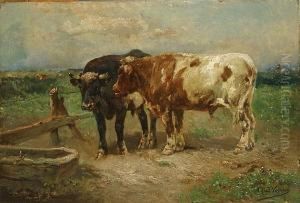
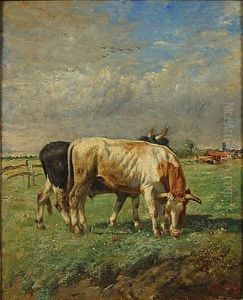
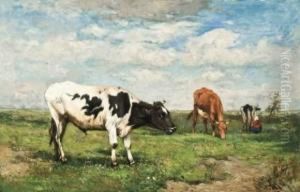
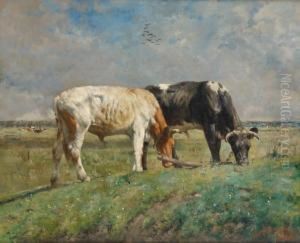
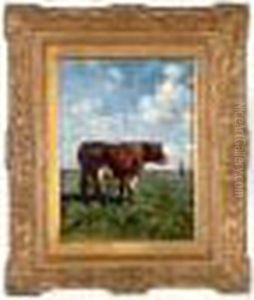
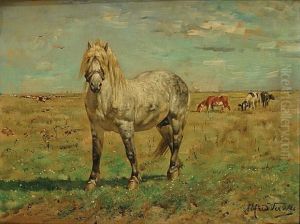
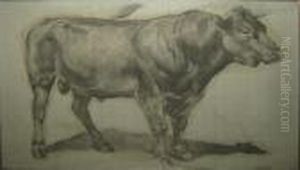
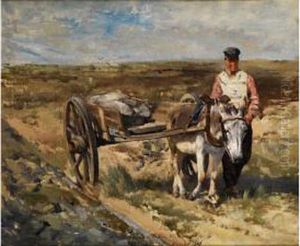
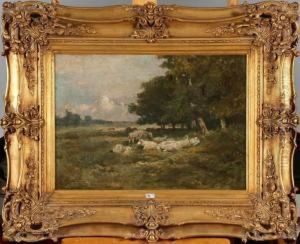
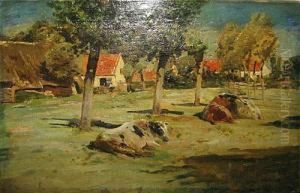
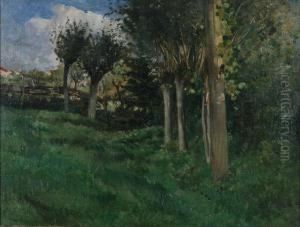
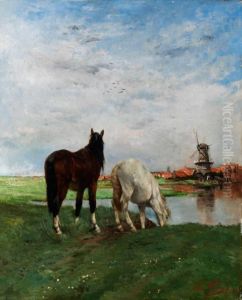
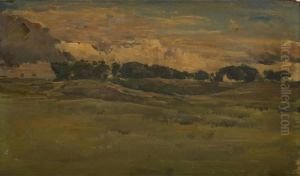
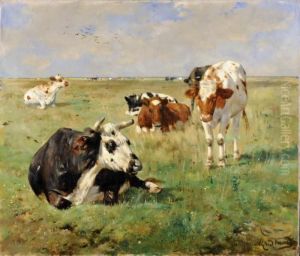
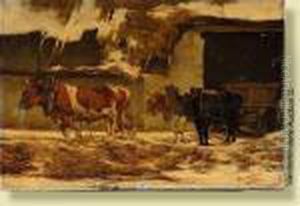
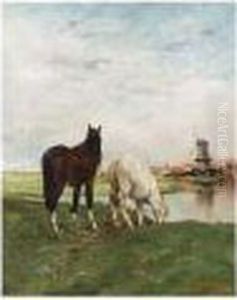
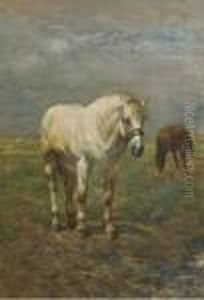
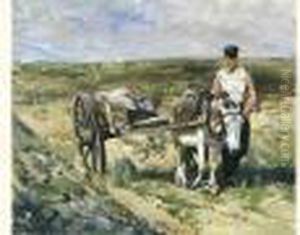
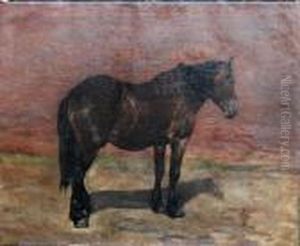
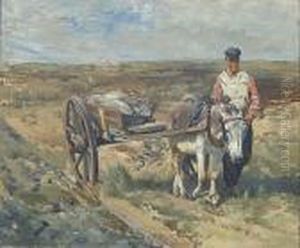
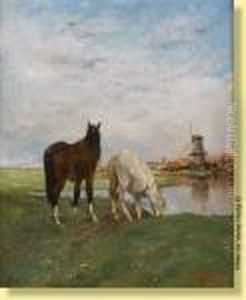
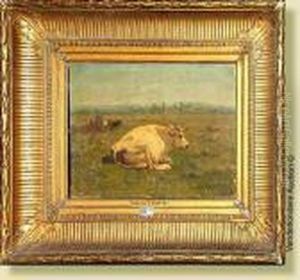
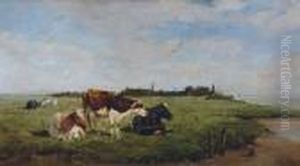
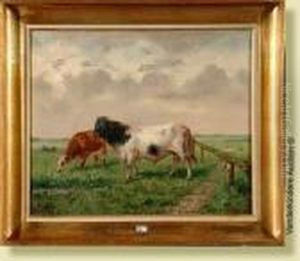
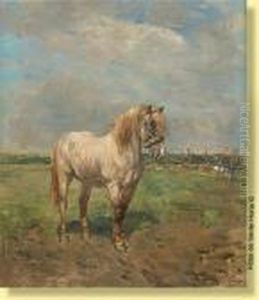
![[vaches Et Chevaux Dans Les Pres]](https://www.niceartgallery.com/imgs/1674479/s/alfred-jacques-verwee-vaches-et-chevaux-dans-les-pres-8e2b45f.jpg)
